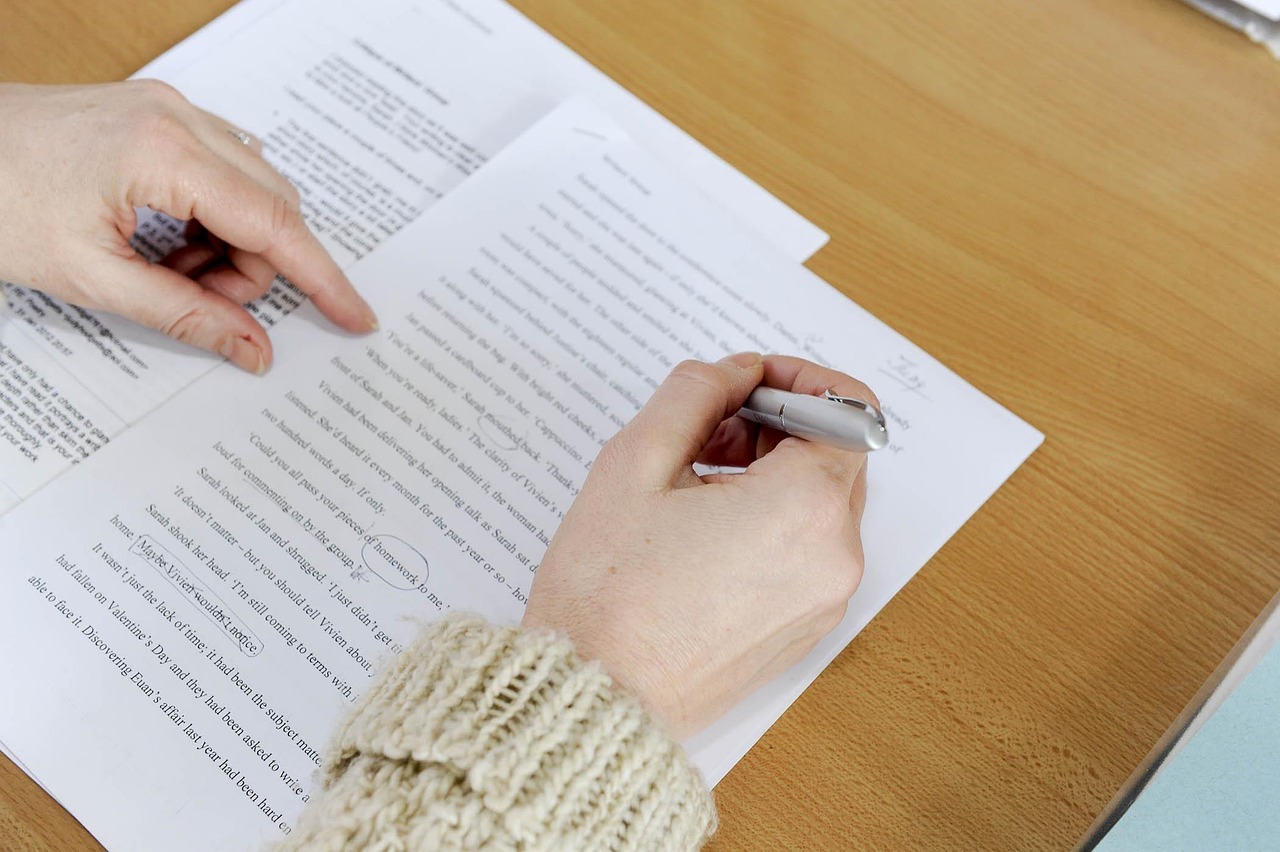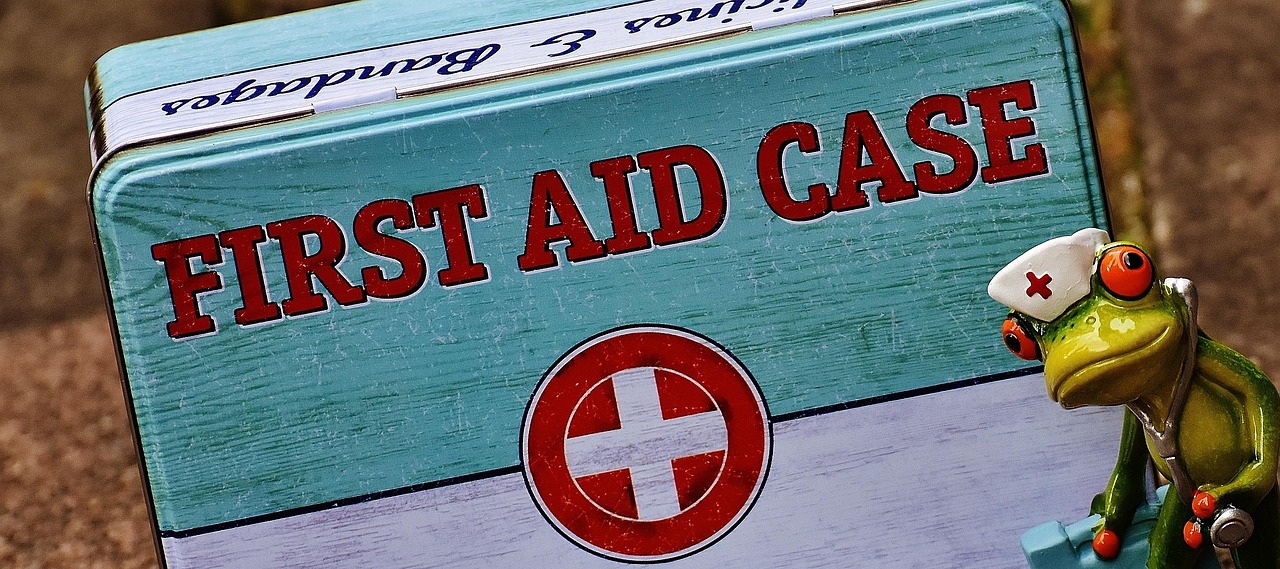疫情防控英语建议型作文(关于疫情防控建议的英语作文)
英语建议型作文
"Effective COVID-19 Prevention and Control: An English Guide for Daily Practices"
The ongoing COVID-19 pandemic has reshaped our daily lives, necessitating a collective effort towards its prevention and control. As the world continues to navigate this unprecedented health crisis, it's crucial for individuals to adopt effective measures to safeguard themselves and their communities. This comprehensive guide aims to provide practical, evidence-based advice in English for everyday practices that can significantly reduce the spread of the virus. Whether you're at home, in the workplace, or in public spaces, these suggestions will help you stay safe and contribute to a healthier society.
1.Understanding the Basics
A. Definition and Symptoms
Firstly, it's essential to understand what COVID-19 is and its common symptoms. The virus, caused by the SARS-CoV-2 strain, primarily affects the respiratory system, leading to symptoms such as fever, cough, fatigue, and in severe cases, difficulty breathing. Recognizing these early signs is crucial for timely intervention.
B. Importance of Prevention
Prevention is key in mitigating the spread of COVID-19. By adhering to preventive measures, we can reduce the likelihood of infection and its impact on healthcare systems worldwide.
2.Personal Hygiene and Home Practices
A. Regular Handwashing
Washing your hands with soap and water for at least 20 seconds is one of the most effective ways to eliminate viral particles. Use an alcohol-based sanitizer when soap and water are unavailable.
B. Respiratory Hygiene
Cover your nose and mouth when coughing or sneezing using a disposable tissue or your elbow, and dispose of used tissues immediately. Avoid touching your eyes, nose, or mouth with unwashed hands.
C. Cleaning and Disinfecting
Regularly clean and disinfect frequently touched surfaces, including doorknobs, light switches, countertops, and mobile phones. Use products that are approved by the World Health Organization (WHO) or your local health authority.

3.Social Distancing and Quarantine Measures
A. Maintaining Distance
Physical distancing of at least 6 feet (2 meters) from others is crucial, especially in public places. Avoid large gatherings and crowded spaces.
B. Quarantine Guidelines
If you've been exposed to the virus or are experiencing symptoms, immediately isolate yourself from others and seek medical advice. Follow local quarantine protocols to prevent further transmission.
4.Travel Considerations
A. Pre-Travel Planning
Before traveling, check the destination's entry requirements and quarantine guidelines. Prepare a contingency plan in case you need to self-isolate upon arrival.
B. During Travel
Wear a mask, maintain social distancing, and avoid public transportation if possible. Carry hand sanitizer and disinfect frequently touched surfaces.

C. Post-Travel Precautions
Monitor for symptoms for 14 days after travel and follow local health authorities' guidance on self-monitoring or testing.
5.Workplace Safety
A. Implementing Policies
Employers should implement flexible work arrangements, staggered shifts, and remote work options where feasible to reduce workplace density. Provide adequate supplies of personal protective equipment (PPE).
B. Physical Measures
Ensure proper ventilation, maintain social distancing in workspaces, and regularly clean and disinfect shared areas. Encourage employees to report any COVID-19 symptoms immediately.
6.Community Engagement and Awareness
A. Promoting Awareness
Use social media platforms and community bulletin boards to share accurate information about COVID-19 prevention measures. Encourage mask wearing and social distancing in public spaces.

B. Supporting Local Efforts
Volunteer in local initiatives like food distribution, vaccination drives, or assisting vulnerable populations. Stay informed about community resources and services available during the pandemic.
7.Mental Health and Well-being
A. Coping with Stress
The pandemic can cause stress and anxiety. Practice self-care by engaging in activities that bring joy, such as exercise, meditation, or hobbies. Connect with loved ones through virtual means if physical contact is restricted.
B. Seeking Professional Help
If you or someone you know is experiencing severe emotional distress due to the pandemic, seek professional help from mental health services or hotlines available in your area.
Conclusion:
In conclusion, effective COVID-19 prevention and control requires a multi-faceted approach involving personal responsibility, community engagement, and government support. By adhering to these English-language suggestions for daily practices—from maintaining personal hygiene to promoting mental health—we can collectively mitigate the spread of the virus and pave the way for a safer future. Remember, every small action counts towards building a resilient society that can weather this global health crisis together.





还没有评论,来说两句吧...